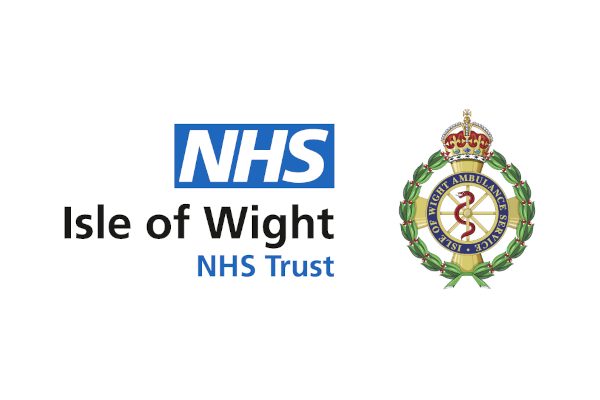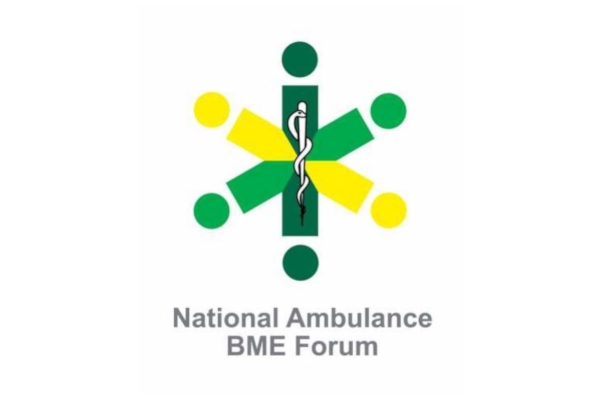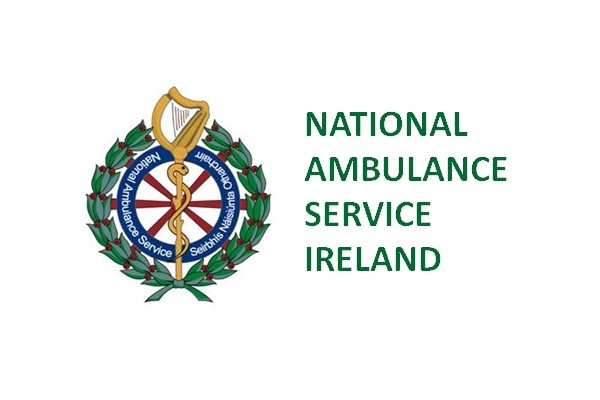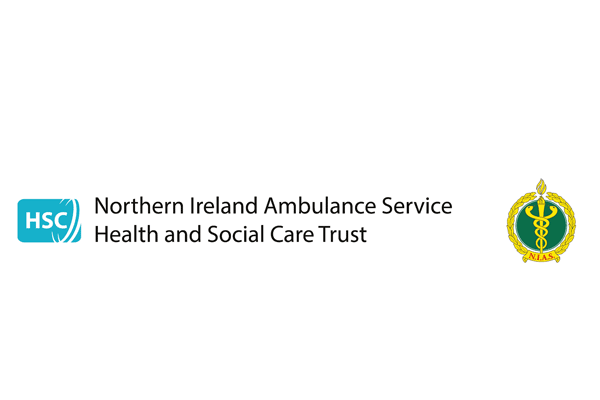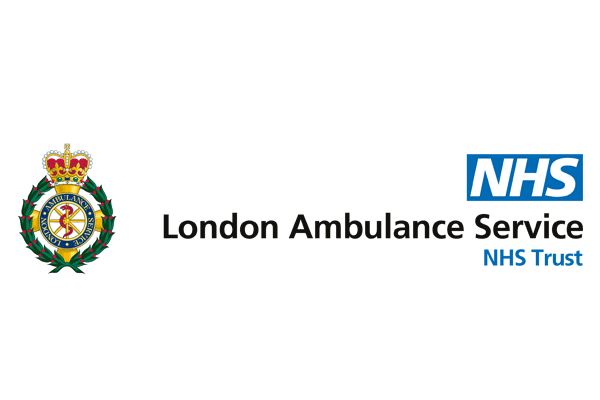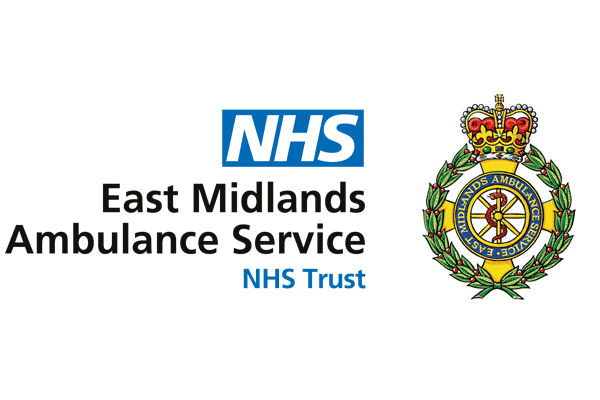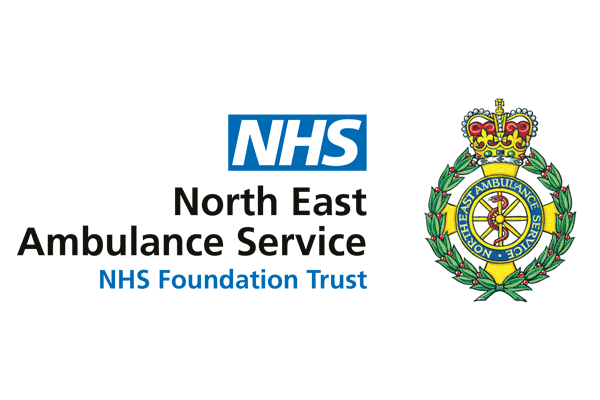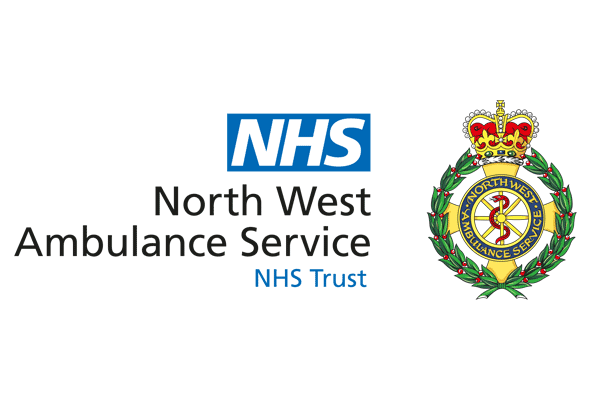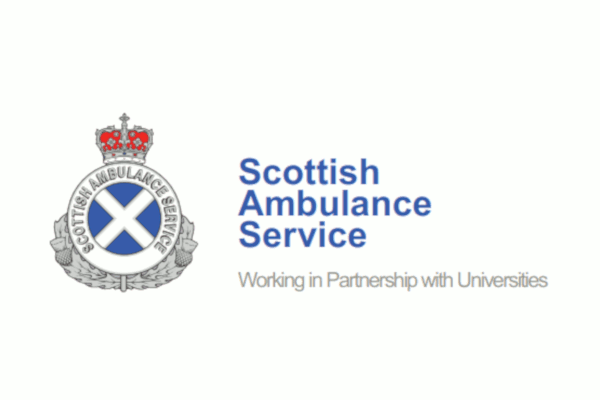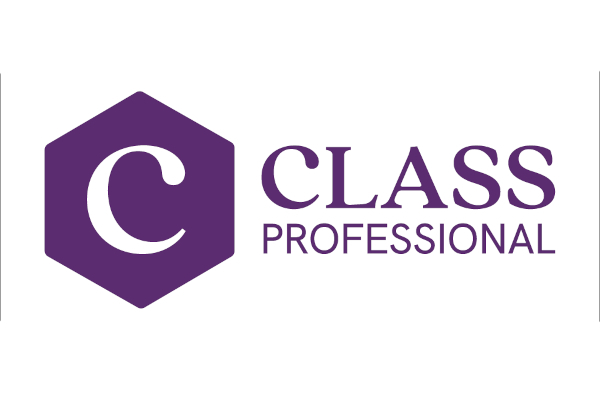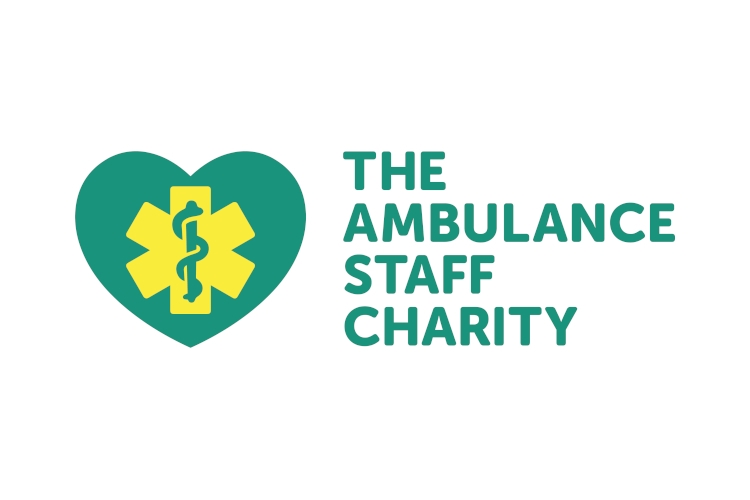
Frontline ambulance staff have spent time with local people discussing the services provided by East Midlands Ambulance Service with the aim of better understanding the difficulties experienced by deaf, deafened and hard of hearing people.
The meeting, which was part of an ongoing dialogue between EMAS and the Leicester based Action Deafness, was run in various languages to ensure that it was accessible for all members of the group, i.e. English, British Sign Language (BSL) for the Deaf people whose first language is Sign Language, spoken Gujarati, and remote captioning for those with a severe hearing loss but who rely on English for communication.
Ian Trafford, Community Paramedic based at Gorse Hill Ambulance Station led a demonstration designed to educate people about the role and actions of the ambulance service when someone is experiencing chest pains. He said: “The demonstration is usually an opportunity for us to show people what we do and why. This time our actions were the same but it really tested our communication skills. We asked for a volunteer to be the patient. We communicated with him with pictures, writing and used basic signs.
“It was a challenge and his feedback was valuable. Whilst he felt communication was good, he reminded us that written sentences need to be short, because many people who are deaf or hard of hearing have sign as their first language. Sentences need to be four or five words long; anything longer makes it difficult to understand, and in an emergency situation we don’t want to add to the person’s distress.”

Mini health checks were provided by the team throughout the morning. Introductions from Mukesh Barot, EMAS Equality Manager and Craig Crowly, Chief Executive of Action Deafness got the event under way, followed by a presentation from EMAS Community Paramedic Ian Trafford. Time was then spent in workshops designed to encourage discussion on areas such as ‘improvement / changes in the ambulance service’ and ‘experiences of the Ambulance Service.’
Action Deafness Manager Jaz Mann said “This has been a great success with a number of people attending the event. They were keen to give their feedback as users of ambulance services in the past and had some interesting experiences to relate. The day was also about finding possible solutions to barriers and to change negative patient experiences into positives ones for the future. We know changes won’t happen overnight, but have seen the commitment of EMAS staff and are looking forward to working with them on an on-going basis, improving accessibility of the ambulance service throughout the East Midlands.”
East Midlands Ambulance Service will continue to develop its relationship with Action Deafness, with continued dialogue and user involvement to improve services in the long term.

